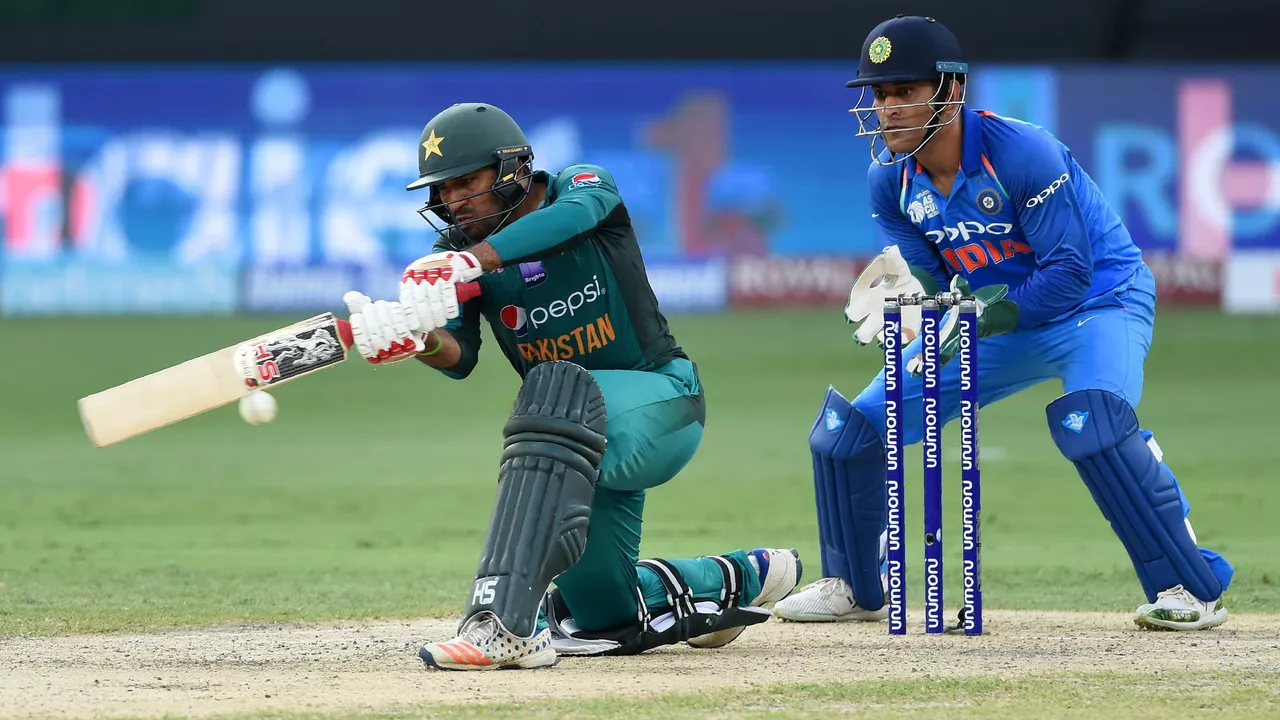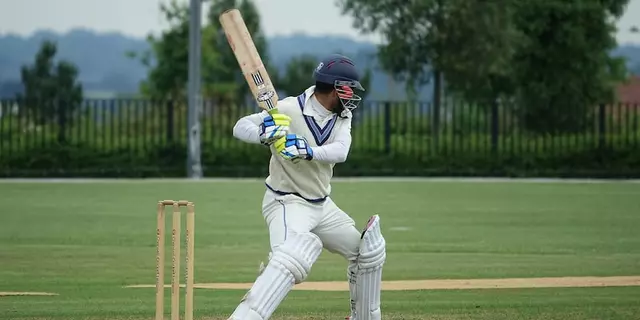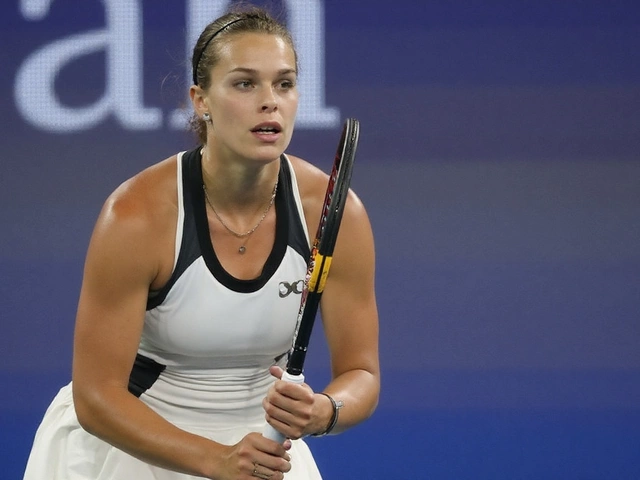Sports Governance & Policy
When talking about Sports Governance & Policy, the framework of rules, institutions, and procedures that guide how sport is organised, funded, and regulated. Also known as sport governance, it sets the boundaries for everything from club elections to international broadcasting rights. A key part of this framework is Cricket governance, the specific set of rules and bodies that manage cricket at national and international levels, which often sits at the crossroads of private interests and public oversight.
Why private bodies like the BCCI matter
In many countries, the sport’s governing body is a private organisation rather than a government department. Take the BCCI, the Board of Control for Cricket in India, a privately owned entity that runs domestic leagues, selects national squads, and negotiates sponsorship deals. Because the BCCI operates outside direct government regulation, it can react quickly to market opportunities, sign lucrative TV contracts, and launch new formats like T20 without waiting for legislative approval. This flexibility fuels sports commercialization, the process of turning sport into a profit‑driven industry through media rights, merchandise, and sponsorship. The trade‑off is that the public loses a direct say in how the sport is run, which raises questions about transparency and accountability.
That tension creates a set of policy challenges. When a private board controls player contracts, the need for clear player rights policies becomes critical. Without government‑backed standards, athletes rely on the board’s internal dispute‑resolution mechanisms, which may lack the rigor of national labour law. At the same time, autonomous bodies can set higher standards for anti‑doping, safety, and youth development because they are not constrained by slow‑moving bureaucracy. So, effective Sports Governance & Policy must balance independence with oversight, ensuring that commercial growth does not eclipse fairness or the sport’s long‑term health.
Below you’ll find a curated set of articles that dig into these issues. From the reasons why cricket in India stays out of direct government control to the broader impact of private governance on global sport, the posts break down complex policy debates into bite‑size insights. Whether you’re a fan curious about why decisions are made, a coach looking for compliance tips, or an administrator drafting new regulations, the collection offers practical perspectives that connect the dots between governance, policy, and the game you love.

Why is cricket in India not under control of the government?
- Date: 22 Jul 2023
- Categories:
- Author: Caden Fitzroy
Cricket in India operates autonomously from the government, governed by the Board of Control for Cricket in India (BCCI). The BCCI, as a private entity, manages all cricket-related affairs, including organizing matches and managing players. The government's non-interference allows the sport to maintain its professional integrity and global standards. The BCCI's independent operation also encourages commercialization, attracting sponsors and investments. Despite occasional debates about bringing it under the government's control, the independence of cricket management in India has been a successful model so far.




